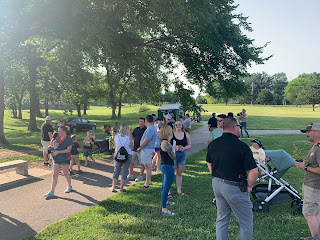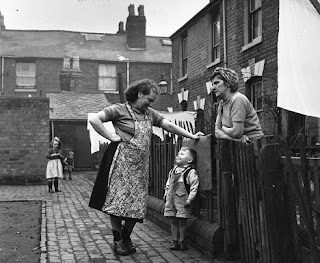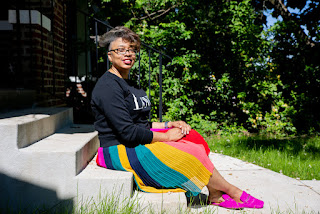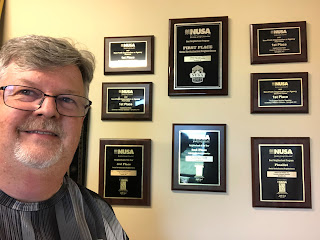Community, Heal Thyself

About 15 years ago, non-profit and public service providers in Cowlitz County, Washington were trying to figure out why a neighborhood still made the most 911 calls despite great planning and programming in that neighborhood. The prevailing wisdom was that the neighborhood was dangerous because it was dark outside people’s homes and stayed dark because people liked it that way. It helped conceal criminal activity. But the coordinator for the service collaborative knew she needed to engage with residents and learn what they thought. So she went house by house to talk to people. In discussions with community residents, it became clear that residents saw things differently. Some warned her that the neighborhood was dangerous once it got dark. But others felt it was a simpler issue: it was dark because people couldn’t afford light bulbs outside their homes. The darkness made people feel like they didn’t have control over their safety, leading to negative assumptions that further exacer






